Senate Bill 903 seeks to ban PFAS in commercial and consumer products in California by 2030
By Amilia Glikman, Lobbyist
What is it?
Senate Bill (SB) 903 (Skinner) would ban the distribution and sale of products containing “intentionally added PFAS” beginning January 1, 2030, unless the Department of Toxic Substances Control (DTSC) determines that the use of PFAS in a product is a “currently unavoidable use,” the ban is preempted by federal law, or the product is used. SB 903 would authorize DTSC to grant a time-limited “currently unavoidable use” determination for a PFAS-containing product, which would be valid for five years unless DTSC reviews and revokes the determination. A manufacturer would be able to submit a petition to renew a “currently unavoidable use” determination if it can provide evidence of “significant efforts” to develop a safer alternative to the use of PFAS in the product.
What are the issues?
The scope and breadth of SB 903 raise questions and concerns regarding the implementation and enforcement of the measure, if enacted. Most impactful would be SB 903’s reach given the class-based definition of “PFAS”—“a class of fluorinated organic chemicals containing at least one fully fluorinated carbon atom”—with no recognition of the unique chemical and physical properties of individual PFAS substances or acknowledgement of critical and essential uses of PFAS in products and industries crucial to California’s economic growth and green energy transition. The proposed regulatory structure is arguably unnecessary in light of DTSC’s existing statutory authority to regulate chemicals in products as part of its Safer Consumer Products Program, pursuant to which DTSC can already evaluate any PFAS-product combination that could pose risks to human health and the environment. SB 903 would ban PFAS-containing products beginning January 1, 2030, yet it precludes a manufacturer from submitting a petition for a “currently unavoidable use” determination before that date. This raises concerns regarding probable implementation delays and questions about enforcement given the significant civil penalties proposed in the measure. Finally, SB 903 would preclude a manufacturer from submitting a petition for a “currently unavoidable use” determination after January 1, 2032, which has the potential to stifle innovation and stunt economic growth in California in key industry sectors.
Whether SB 903 is the PFAS-in-products regulatory solution the Newsom Administration envisions remains to be seen. In 2023, Governor Newsom vetoed three PFAS-in-products bans passed by the Legislature—Assembly Bill (AB) 246 (PFAS in menstrual products), AB 727 (PFAS in cleaning products), and AB 1423 (PFAS in artificial turf)—expressing concerns about the lack of regulatory oversight and implementation challenges and confusion among regulated persons regarding compliance with previously enacted bans. Governor Newsom directed DTSC to engage with the Legislature and consider alternative approaches to regulating PFAS in products. As DTSC and the Legislature evaluate the regulatory approach contemplated by SB 903, it will be crucial for them to consider the experiences of other states, like Maine, which enacted a similar sweeping PFAS-in-products ban in 2021. In Maine, significant challenges, including the need to grant approximately 2,500 requests for compliance extensions, have resulted in implementation delays and several major reform efforts, with state legislators awakening to the overwhelming impacts of a broad PFAS-in-products ban grounded on a class-based definition of PFAS. Considering the relative size of Maine’s economy compared to California’s economy (in 2022, California’s gross domestic product (GDP) was approximately 42 times larger than Maine’s GDP), the situation now playing out in Maine should serve as a cautionary tale for California as it seeks to similarly regulate PFAS in products.
Additionally, in 2022, Governor Newsom vetoed AB 2247, which would have required DTSC to create a publicly accessible reporting platform for PFAS-containing products, citing the tremendous costs associated with the measure. Since 2022, California’s budget deficit has worsened, with the Legislative Analyst’s Office, in February 2024, estimating a deficit of over $73 billion for the 2024–25 fiscal year. The costs to establish, administer, and enforce a brand new regulatory program at DTSC to regulate PFAS in products in the manner contemplated by SB 903 have yet to be estimated, but are likely to be staggering, and a key consideration as this measure moves forward.
What’s next?
SB 903 was referred to the Senate Environmental Quality and Judiciary Committees and is scheduled for hearing on April 3, 2024.
Questions?
For questions about SB 903, contact KP Public Affairs’ regulatory advocacy professionals: Jeff Sickenger (jsickenger@ka-pow.com), Amilia Glikman (aglikman@ka-pow.com), and Olivia Wright (owright@ka-pow.com).


